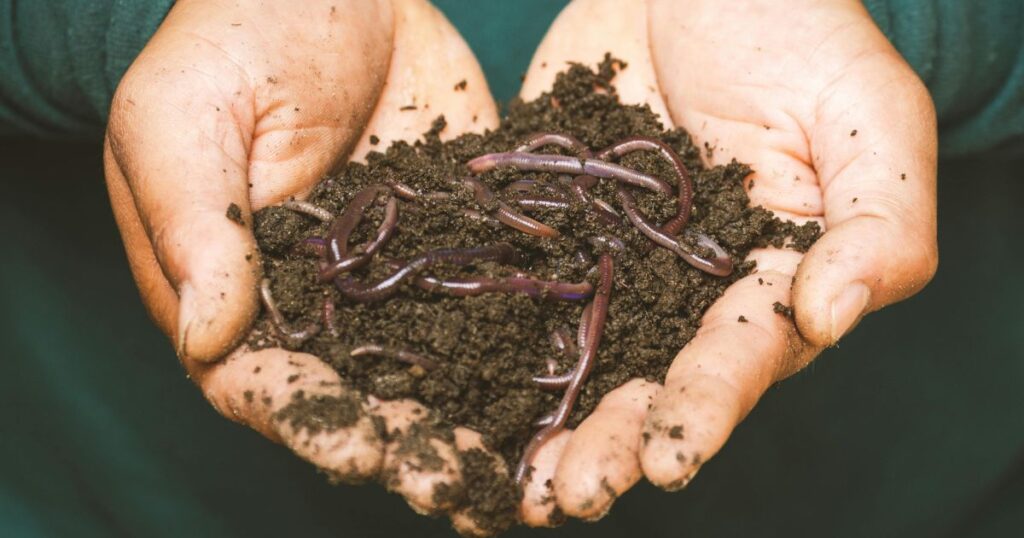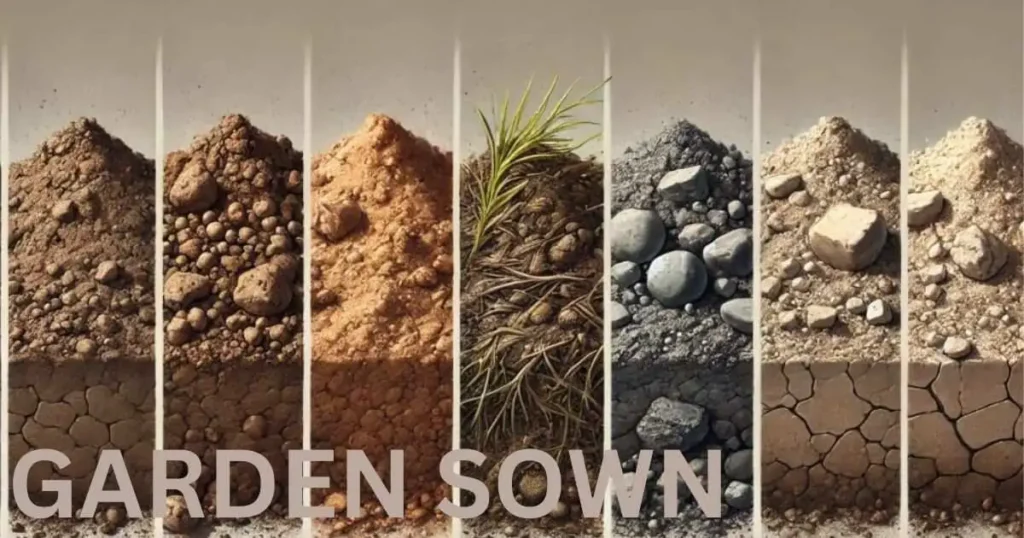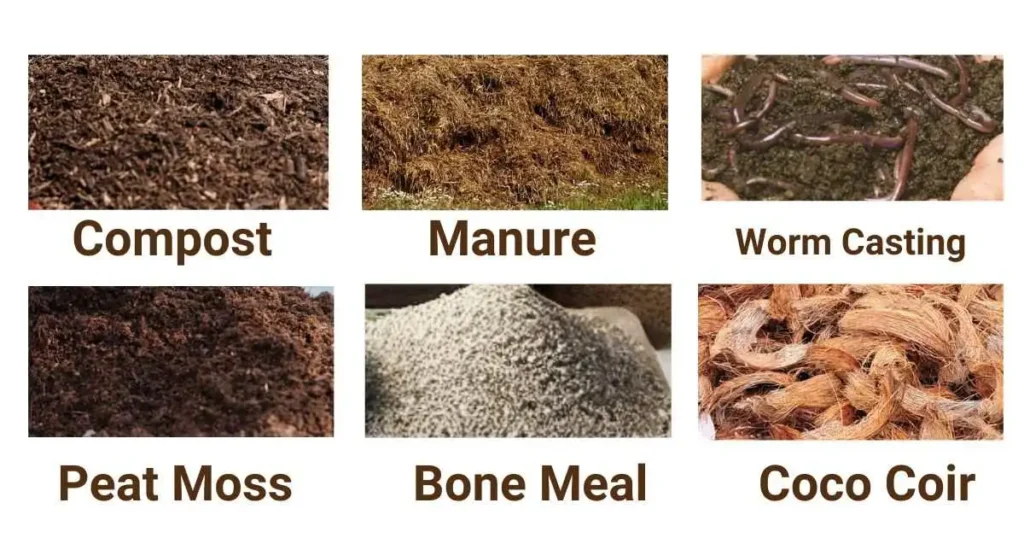
Imagine using a little assistance from nature’s small miracle workers—Earthworms—to transform your garden into a lush, vibrant paradise!
Earth Worm Poop, sometimes referred to as vermicast or worm castings, is a nutrient-rich organic fertilizer that has taken the gardening world by storm. Worm cast, full of vital nutrients and microorganisms, is the secret weapon to boost your garden’s productivity. Both gardeners and agricultural specialists are praising its transformational power. With this natural fertilizer, you can cultivate lush lawns, robust veggies, or delicate flowers with remarkable results. Its eco-friendly nature makes it more interesting.
You were wondering how this humble natural wonder could transform your gardening. Continue reading to find out why worm poop is the best way to increase the productivity of your garden simply and naturally.
What are Worm Castings:
Worm poop is produced via vermicomposting process. Food scraps, decaying leaves, and even paper are among the organic materials that earthworms eat. Worms’ digestive systems are extremely specialized containing intestinal microorganisms and enzymes that further break down such substances as they digest them. Plants benefit greatly from the resulting excrement, or castings, which are rich in nutrients, organic matter, enzymes, minerals, and good bacteria. Such excrement is a better option for soil enrichment than conventional compost since it is finer and higher in nutrients.
The Composition of Worm Poop:
Worm castings promote plant development hence known as natural fertilizer or soil amendment. Worm excrement is a powerhouse of nutrients. It has a balanced amount of vital macronutrients like potassium (K), phosphorus (P), and nitrogen (N) and micronutrients like copper, zinc, cobalt, borax, calcium, magnesium, and iron. Furthermore, it is teeming with helpful microorganisms that help the soil retain water and nutrients, combat soil-borne plant illnesses, keep insects away, and transform soil nutrients into forms that plants can readily absorb. Earth Worm Droppings releases nutrients gradually, in contrast to synthetic fertilizers, so plants get a consistent supply over time. Worm manure provides plants with a consistent supply of nutrients throughout time since it releases nutrients gradually.
What does worm poop look like:
Worm poop looks like freshly ground coffee or crumbled earth. These tiny, crumbly particles are uniform in texture and often have a slightly moist appearance when fresh. The worms’ food and moisture levels determine the color, which usually varies from dark brown to nearly black. Worm castings have a clean and earthy smell and unlike raw compost, they are free of big organic material. Their soft texture, low weight, and ease of mixing into soil make them the perfect soil amendments for gardening.
Benefits of Worm Castings:
1. Improved Soil Structure:
Worm manure contributes to better soil structure by improving drainage and aeration, lowering compaction, and promoting root growth. It can be especially helpful in places with low soil quality or in areas that are prone to drought.
2. Prevent groundwater Pollution
Vermicompost has lower levels of NPK than other fertilizers. However, these worm droppings are water soluble, that release nutrients gradually. The plants will eventually absorb more. Therefore, it doesn’t wash into the groundwater.
3. Boosted Plant Growth
Earth Worm droppings add a slow-release and nutrient content in the soil that accelerates seed germination and promotes healthier foliage and flowers. In addition, worm poop is absorbed easily and immediately by plants for a quick rush.
4. Higher Yield
Worm compost contains traces of natural hormones like auxins that promote the growth process of your plants. In addition, it also contains humic acid that affects plant hormone balance and responses and stimulates plant growth, even in very low concentrations.
5. Natural Pest and Disease Resistance:
The microorganisms in worm castings generate enzymes that inhibit dangerous infections and inhibit pests. The worm humus fights off dangerous fungi, bacteria, and nematodes while also extracting toxins, and heavy metals from the soil. As a result, they can support improved plant and root health and inhibit soil-borne diseases.
6. Maintain pH by neutralizing the soil.
Additionally, worm poops have neutral pH ranges from 6 to 7, which can help balance the acidity and alkalinity of soil. Worm castings support plant growth in soil with extreme pH values. They keep excessive pH levels from preventing plants from absorbing nutrients from the soil.
7. Increased Water Retention:
The organic matter in worm poop improves the soil’s ability to hold water, reducing irrigation needs.
Disadvantages of Worm Castings in Gardening
Worm castings are sometimes heralded as a gardening miracle, however, there are a few drawbacks to be aware of:
1. Time Consuming Production
Given that worms need weeks or months to digest organic stuff, producing worm castings takes a considerable length of time. This may cause a delay in soil preparation for large-scale farming or gardening.
2. High Cost
Commercially available earth worm castings are expensive. For gardeners who require large quantities or are on a restricted budget, this makes it less accessible.
3. Mold Growth
Inadequate worm casting storage can result in the growth of mold, which can harm plants. Mold can also create allergies in gardeners touching the goods.
4. Limited Quantity
The amount of castings generated by this DIY worm bins may not be enough for larger gardens, necessitating the use of additional fertilizers by home gardeners.
5. Variable Nutrient Profile
The amount of nutrients in worm dropping is determined by their food. The castings can be deficient in some vital nutrients if their diet is not carefully regulated.
6. Impact on Lawn Appearance
Uneven cast application might result in patchy growth or noticeable residue on lawns, which may not be visually appealing.
7. Frequent Lawn Mowing
Worm castings’ increased nutritional content can accelerate grass growth, requiring more frequent mowing to keep the lawn looking nice.
8- Soil Health Overload
Worm casting overuse can cause nutrient imbalances, which over time could be detrimental to soil health. They must be used moderately.
Although there is no denying the advantages of worm poops, gardeners may use them more efficiently and sustainably if they are aware of these disadvantages.
How to Use Worm Castings in Gardening:
There are several ways to use earth worm poops to help your plants:

• Top Dressing:
For a nutrient boost, manually scatter a thin coating of worm droppings around the base of the plants. Watering will gradually release nutrients into the soil, providing a consistent supply of food for your plants.
• Soil Amendment:
Add worm poop straight to your potting mix or garden soil. For best results, use around 1 to 2 cups per square foot to enhance the soil’s general structure and enriches it with nutrients. For a great germination mixture, combine 20–30% these amendements with sand and seed starting mix.
• Worm Tea:
A hand full of worm excrements can be soaked in water for a whole day to produce a nutrient-rich liquid fertilizer. For a quick nutrient boost, this “compost tea” can be poured into the soil or sprayed on leaves.
How to Create or Buy Worm Droppings:
There are various means to obtain worm poops:
A: Making your own worm excrement
Making your own worm dung is easy and affordable.
- Create a Worm Bin: Put red wiggler worms in a container with ventilation holes and bedding material (such as shredded paper).
- Provide food for your worms: Give worms a diet consisting of scraps from fruits and vegetables; avoid meat, dairy, and fatty foods.
- Preserve Conditions: Maintain the bin’s moisture content and temperature between 55°F to 77°F.
- Harvest Castings: Gather the crumbly, brown poop dung from the bin after a few months.
B- Purchase from a gardening store or buy online:
Many gardening stores and online retailers carry worm dropping for sale. Carefully read product descriptions and reviews to make sure you are obtaining a high-quality product.
Why Worm Poop Outshines Synthetic Fertilizers
Worm poop provides a sustainable, long-lasting nutrients supply than synthetic fertilizers, which give a rapid but transient nutrient boost. By nourishing the soil and feeding plants, it builds a strong base for future development. Furthermore, there is no chance of plant burning, which is a major problem with chemicals.
| Feature | Worm Poop | Synthetic Fertilizers |
|---|---|---|
| Nutrient Release | Slow and consistent | Rapid and short-lived |
| Environmental Impact | Eco-friendly and sustainable | Harmful to ecosystems |
| Soil Health Benefits | Improves structure and microbes | May degrade soil quality |
| Risk of Overuse | Minimal | High |
Conclusion:-
Worm poops is a comprehensive garden revitalizer, not just a fertilizer. Without damaging the environment, it provides innumerable advantages, such as improving plant health and enriching soil. They are a flexible choice for organic farming and gardening because they are simple to deal with and can be used in different ways. Worm dung is an easy way to enhance your soil and encourage healthy, vibrant plants in your garden, regardless of whether you decide to buy or build your own worm composting bin. Worm poops are a great way to support a healthier earth in addition to providing nourishment for your plants


